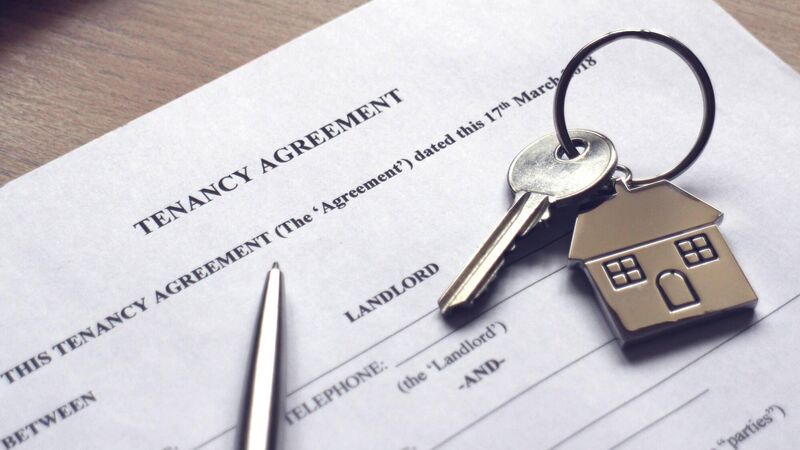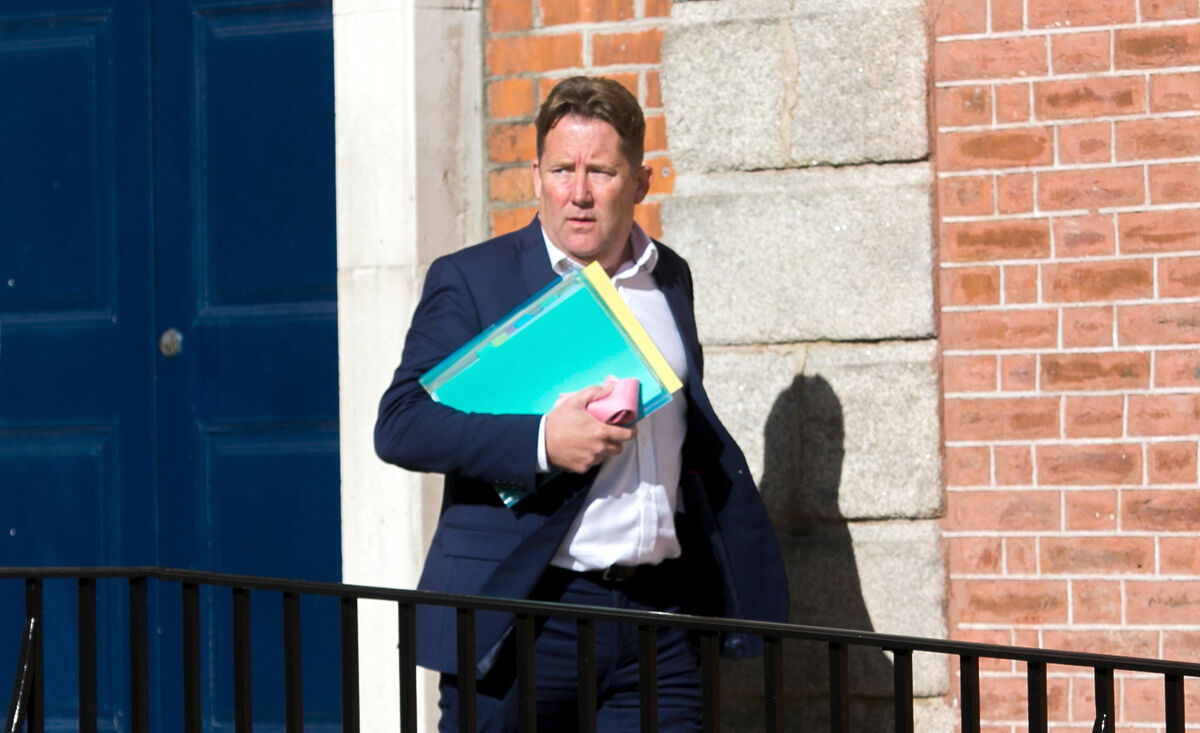Average rent now exceeds €1,000 in 12 counties

RENT STORY STOCK PIC A house key resting on a tenancy agreement contract.
Rents across the country grew at their highest rate since 2017 in the third quarter of this year, with the average national rent now standing at €1,397.
The latest quarterly rent index from the Residential Tenancies Board (RTB) has said that rents rose nationally by 8.3% year-on-year in the period between July and September 2021.
The average rent in Cork city has risen by over €100 in the past year to €1,389.07, a rise of 9.3%. Of the cities, Waterford city has seen the biggest increase with average rent now standing at €1,063.68. The average rent in the same months last year was €923, meaning the average cost of rent in Waterford has risen 15.1%.
The average rent in Limerick city, meanwhile, was up 4% to €1,150. Across the area covered by Cork County Council, rents rose 11.1% to €1,092.39 in the past year.
Dublin remains the county with the highest standardised average rent, at €1,916 per month. Leitrim has the lowest average rent at €731 a month.
Twenty counties - with the exception of Dublin, Kilkenny, Limerick, Offaly, Westmeath and Wicklow - had double-digit annual percentage growth in the average cost of rent compared to the same time in 2020.
In its report, the RTB noted that there was a substantial decline in the number of tenancies registered in the third quarter of 2021 compared to previous years, down 31% on 2019.
The RTB said this points to the continued challenges posed by the re-opening of the Irish economy, and suggests people are staying longer in their tenancies due to market uncertainty.
Interim director of the RTB, Padraig McGoldrick, said that the slowdown in rent price growth during the early stages of the pandemic had now reversed.
“This Q3 2021 report continues to show a significant upward trajectory of rent levels in the Irish rental market and reflects a sharp rebound from a reduction and slowdown in rent levels during the pandemic,” he said.
“Rents continue to increase more rapidly outside the Greater Dublin Area (GDA) and other non-urban areas, potentially linked to the continuation of the pandemic-effect around long-term working and lifestyle choices.”
Reacting to the index, Housing Minister Darragh O’Brien pointed to enhanced powers of the RTB to investigate and sanction landlords who unlawfully increase rents above rent pressure zones levels.
“In September, I formally asked the RTB to instigate a campaign to identify and pursue non-compliance with rent-setting responsibilities,” he said.
“This is now underway and I have been informed that hundreds of letters a day are currently issuing to landlords.”

He said the new 2% cap on rent increases in rent pressure zones show that the Government is “serious in its efforts to curtail rent inflation”.
However, Sinn Féin housing spokesperson Eoin Ó Broin said that the only way to halt rising rents was a ban on increases.
“The rent caps do not work for rent pressure zones and for counties where they don’t apply renters are left struggling with astronomical rent rises.,” he said.
“This system needs to be scrapped and we need to see a ban on rent increases across the state. This government is in denial if it thinks anymore tinkering around the edges of a broken system will make any difference to renters.”





